Update from the Field: Micronutrients: Not Sexy, but Essential
Posted by Dave Dyson, Agronomist on November 13, 2018
This post may reference products and/or services only available to our Retail Farm Center customers. For more information contact your Territory Manager at The Andersons.

As the title suggests, micronutrient applications are not the most widely talked about in the agriculture industry. They are not applied or sold by the ton, and you may not even know your crop is deficient. The term we bat around in the industry is “hidden hunger.” This term refers to the fact that you may be raising a 200 bu/ac corn crop, but if you position certain micronutrients in the root zone, you may increase your yield to 225 bu/ac. Today, we are going to take a look at the micronutrients with the greatest effect on corn production: zinc, boron, and manganese.
Zinc, the granddaddy of all micronutrients, is deficient in a corn cropping system more often than any other micronutrient. Zinc is an important component in the production of multiple enzymes that are responsible for metabolic reactions in the corn plant, such as photosynthesis and DNA transcription. Most zinc in the soil is unavailable to the corn crop. Plants can only take zinc up that is dissolved in the soil solution, absorbed to the surface clay particles, or absorbed by and chelated with organic molecules in the soil organic matter. Cool, wet conditions may also limit zinc availability.
Boron is the heavy lifter inside the plant. The main functions of boron relate to cell wall strength and development, cell division, fruit and seed development, sugar transport, and hormone development. Boron will also regulate the carbohydrate metabolism in plants and plays a role in amino acid formation and synthesis of proteins. This micronutrient is taken into the plant by mass flow, meaning the nutrients move with water into the roots. Boron is not readily held by soil particles and, like nitrate, can be leached down.
Manganese is an essential plant nutrient, playing a key role in the photosynthetic process. This micronutrient has a relatively low phloem mobility in the plant, so typical leaf symptoms of Mn deficiency first develop in younger leaves. The negative effect of Mn deficiency in photosynthesis results in a decrease in soluble sugar concentrations in different parts of plants. Manganese plays an important role in stress tolerance by improving the waxy cuticle layer on the leaf’s surface. Since the wax layer is responsible for limiting water loss and reducing the heat load on leaves, this can be crucial in improving drought stress.
If you’re looking for one product to provide the micronutrients corn needs, MicroCarb ZMB™ is a great addition to your starter fertilizer. In addition to zinc, manganese, and boron, MicroCarb ZMB contains fulvic acid. Fulvic acids are short chains of carbon molecules which are immediately available to be taken up through the crop’s tissue. This makes fulvic acid ideal for enhancing an in-furrow row starter. MicroCarb ZMB’s fulvic acid originates from vegetables and is a concentrated product with very high solubility. This product was tested by The Andersons and third parties for the last several years and has provided a nice return on investment. As you can see in figure 1, when MicroCarb ZMB is combined with a high-quality, low salt, in-furrow starter, the yields start to climb. The fulvic acid’s carbon will chelate the nutrients in the starter, allowing the plant to take up the nutrients more efficiently.
 Figure 1: The trials above are a compilation of corn starter trials involving MicroCarb ZMB from years 2014-2017. Test locations include: CO, NE, WI, IN, and OH.
Figure 1: The trials above are a compilation of corn starter trials involving MicroCarb ZMB from years 2014-2017. Test locations include: CO, NE, WI, IN, and OH.
FOR MORE INFORMATION:
Please complete the form, and we’ll get you in touch with your Territory Manager from The Andersons.

Dave Dyson is a regional agronomist for The Andersons’ Farm Centers which are located throughout Ohio, Michigan, and Indiana. He is an Indiana native and grew up on a dairy farm in Miami County. A graduate of Purdue University with a degree in Crop & Soil Science, Dave has a deep knowledge of various agronomic topics and is committed to helping growers improve their crops. If you have any questions, Dave can be reached at david_dyson@andersonsinc.com.
MicroCarb ZMB is a registered trademark of The Andersons, Inc.


